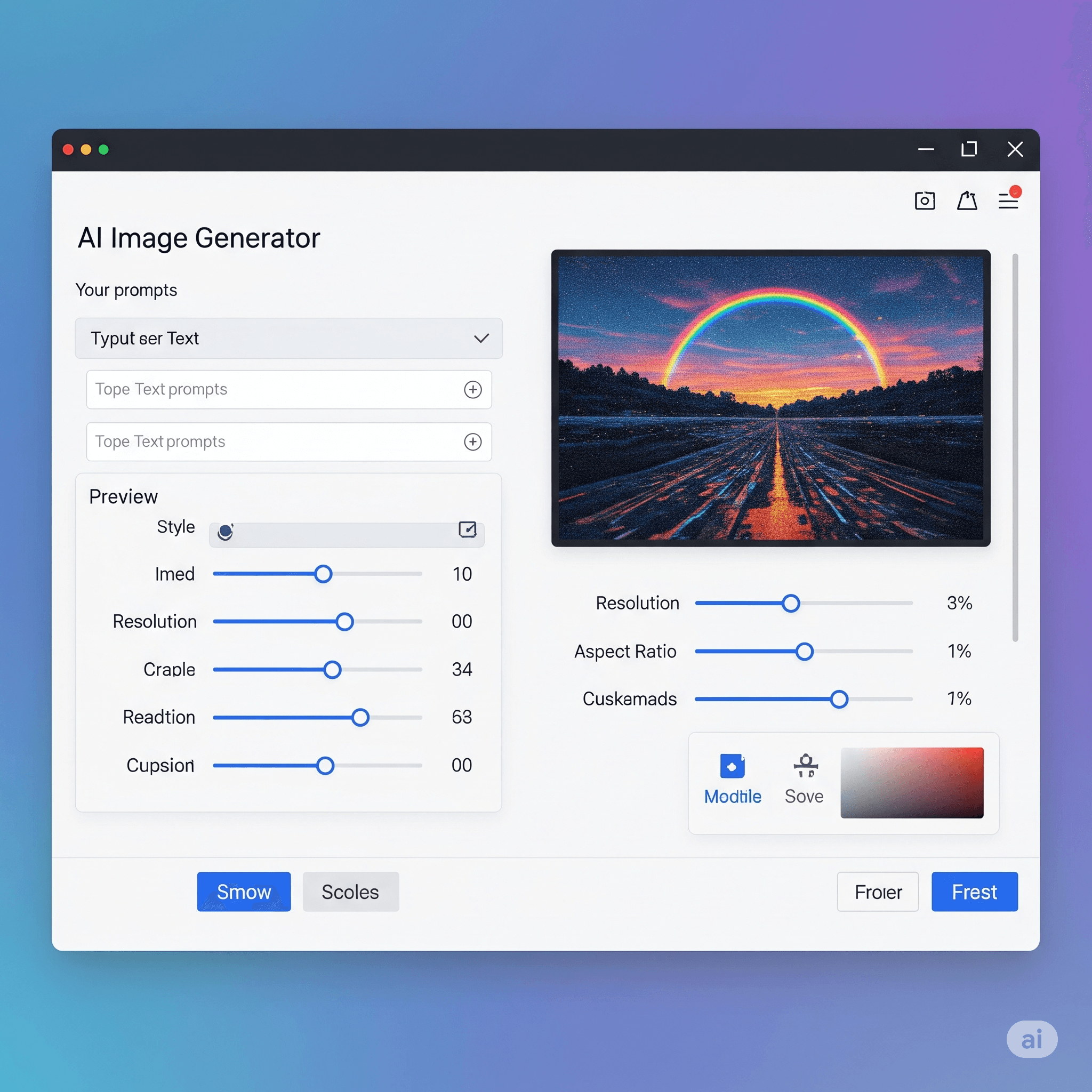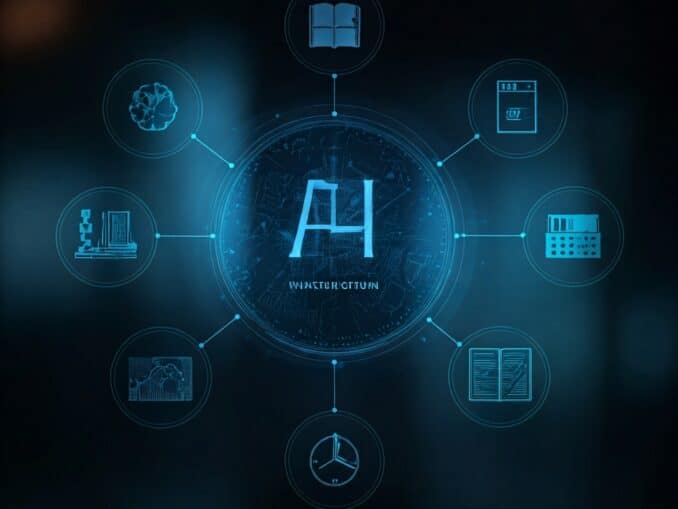Question: The ability to recover and read deleted or damaged files from a criminal’s computer is an example of a law enforcement speciality called:
Answer:
The ability to recover and read deleted or damaged files from a criminal's computer is an example of a law enforcement specialty called "computer forensics."
Computer forensics, also known as digital forensics, is a branch of forensic science that focuses on the investigation and analysis of digital devices, computer systems, and digital evidence. It involves the application of specialized techniques and tools to collect, preserve, recover, and analyze data from digital devices, with the goal of identifying and investigating potential crimes.
In the context of law enforcement, computer forensics specialists utilize their expertise in recovering and examining data from computers, laptops, servers, storage devices, and other digital media. They employ specialized software and techniques to extract and analyze both active and deleted data, including files, documents, emails, chat logs, internet browsing history, and other digital artifacts.
Computer forensics specialists play a crucial role in criminal investigations, as digital evidence often provides valuable information and insights into the activities and intentions of criminals. They follow established procedures and legal guidelines to ensure the integrity and admissibility of the evidence collected, enabling it to be used in legal proceedings.
Computer forensics is a multidisciplinary field that combines elements of computer science, law, and investigative techniques. It requires a deep understanding of computer systems, data storage, file systems, encryption, and the tools and methods used to recover and analyze digital evidence.
In addition to recovering deleted or damaged files, computer forensics specialists may also be involved in tasks such as data analysis, data carving (reconstructing fragmented files), network forensics, mobile device forensics, and incident response.
Overall, computer forensics is a specialized field within law enforcement that focuses on the identification, preservation, recovery, and analysis of digital evidence from computers and digital devices. It plays a critical role in modern criminal investigations, particularly those involving cybercrimes and digital evidence.
MCQ: The ability to recover and read deleted or damaged files from a criminal’s computer is an example of a law enforcement speciality called:
Explanation:
The ability to recover and read deleted or damaged files from a criminal's computer is an example of a law enforcement specialty called "computer forensics."
Computer forensics, also known as digital forensics, is a branch of forensic science that focuses on the investigation and analysis of digital devices, computer systems, and digital evidence. It involves the application of specialized techniques and tools to collect, preserve, recover, and analyze data from digital devices, with the goal of identifying and investigating potential crimes.
In the context of law enforcement, computer forensics specialists utilize their expertise in recovering and examining data from computers, laptops, servers, storage devices, and other digital media. They employ specialized software and techniques to extract and analyze both active and deleted data, including files, documents, emails, chat logs, internet browsing history, and other digital artifacts.
Computer forensics specialists play a crucial role in criminal investigations, as digital evidence often provides valuable information and insights into the activities and intentions of criminals. They follow established procedures and legal guidelines to ensure the integrity and admissibility of the evidence collected, enabling it to be used in legal proceedings.
Computer forensics is a multidisciplinary field that combines elements of computer science, law, and investigative techniques. It requires a deep understanding of computer systems, data storage, file systems, encryption, and the tools and methods used to recover and analyze digital evidence.
In addition to recovering deleted or damaged files, computer forensics specialists may also be involved in tasks such as data analysis, data carving (reconstructing fragmented files), network forensics, mobile device forensics, and incident response.
Overall, computer forensics is a specialized field within law enforcement that focuses on the identification, preservation, recovery, and analysis of digital evidence from computers and digital devices. It plays a critical role in modern criminal investigations, particularly those involving cybercrimes and digital evidence.
Discuss a Question
Related Questions
- 1. Where does most data go first with in a computer memory hierarchy ?
- 2. The………….data mining technique derives rules from real-world case examples.
- 3. …………….are used to identify a user who returns to a Website
- 4. Codes consisting of lines of varying widths or lengths that are computer-readable are known as-
- 5. Why is it unethical to share copyrighted files with your friends?
- 6. Reusable optical storage will typically have the acronym-
- 7. The most common type of storage devices are-
- 8. A device that connects to a network without the use of cables is said to be-
- 9. A person who used his or her expertise to gain access to other people’s computers to get information illegally or do damage is a-
- 10. To access properties of an object, the mouse technique to use is-
You may be interested in:
Computer Basics MCQs






